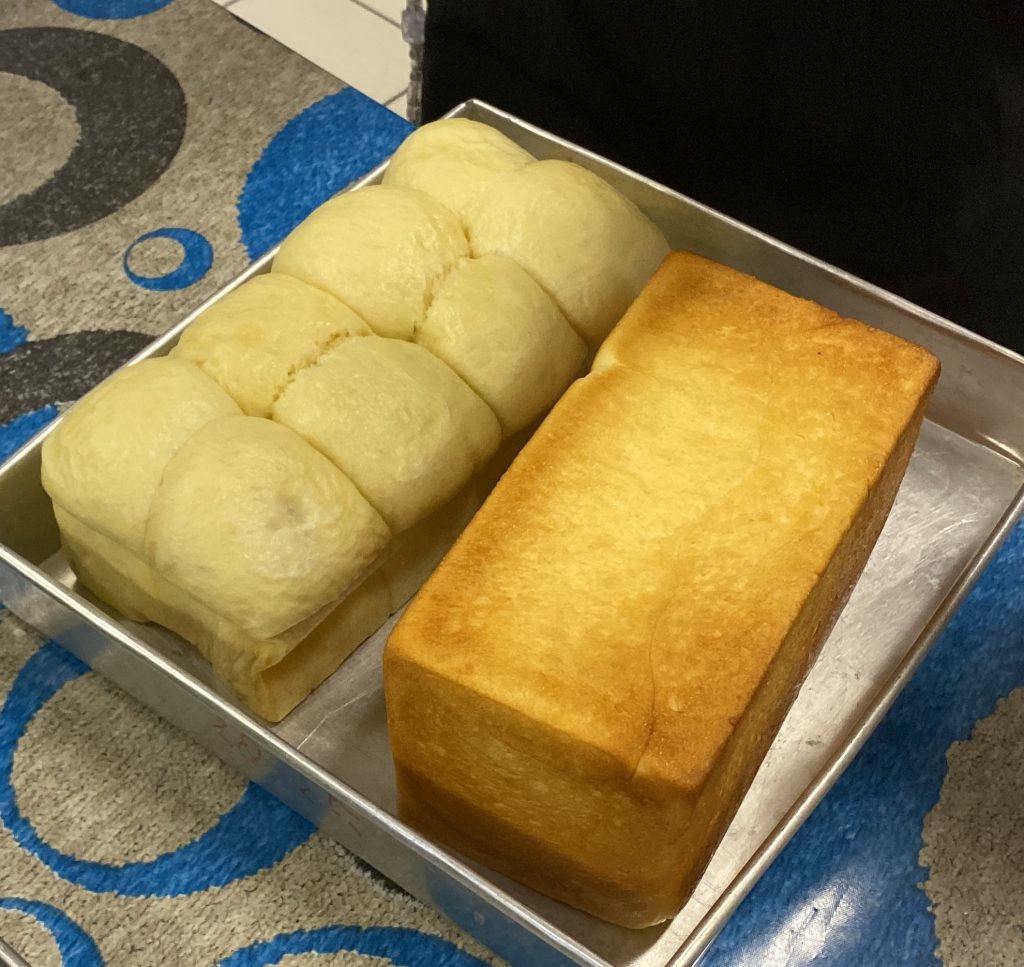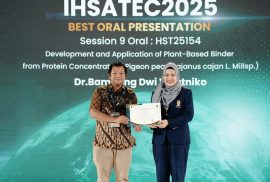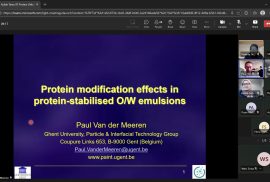
 As part of the Bakery Technology course, undergraduate students from the Department of Food and Agricultural Products Technology, Universitas Gadjah Mada, explored two bread-making techniques: steaming and baking. The department facilitated this practical activity as a component of the teaching and learning process.
As part of the Bakery Technology course, undergraduate students from the Department of Food and Agricultural Products Technology, Universitas Gadjah Mada, explored two bread-making techniques: steaming and baking. The department facilitated this practical activity as a component of the teaching and learning process.
This activity aimed to help students understand the characteristics of the final bread products, roti sobek and roti tawar (plain loaf bread), based on the techniques applied. Steamed bread tends to have a softer and moister texture, while baked bread forms a drier crust with a signature aroma produced through the Maillard reaction. Each group of students produced both types of bread and compiled their results into a written report.
 Student enthusiasm was evident throughout the session, from dissolving yeast and kneading the dough to stuffing chocolate into the roti sobek and waiting for their bread to be steamed or baked. The process provided a fun and engaging practical experience. Most groups successfully produced quality results for both bread variants.
Student enthusiasm was evident throughout the session, from dissolving yeast and kneading the dough to stuffing chocolate into the roti sobek and waiting for their bread to be steamed or baked. The process provided a fun and engaging practical experience. Most groups successfully produced quality results for both bread variants.
For many students, this activity was a memorable part of their academic journey. It offered insights into the science behind bread-making and the chance to share freshly made bread with peers. This initiative supports the United Nations’ Sustainable Development Goals (SDGs), specifically Goal 4: Quality Education and Goal 12: Responsible Consumption and Production.
Written by: Firstnandita K




